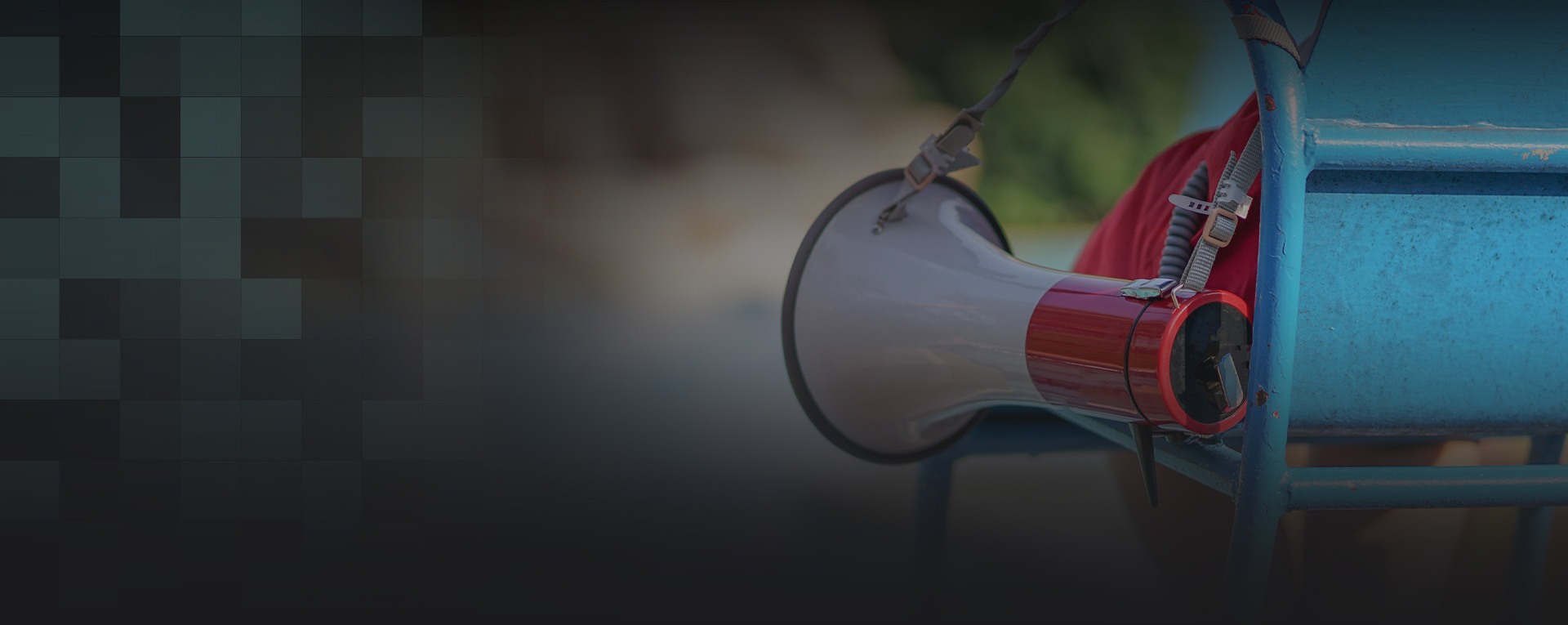
Dallas Swimming Pool Accident Attorney
Swimming Pool Injury Claims in Dallas
Swimming pools are a great way to relax and cool off in the Texas heat. But they can also be dangerous. According to the Centers for Disease Control and Prevention (CDC), drowning is a leading cause of death in the United States, and children ages 1 to 4 have the highest drowning rates.
For every child who dies from drowning, another five receive emergency department care for nonfatal submersion injuries. If your loved one has been seriously hurt or killed in a swimming pool accident, The Doan Law Firm, P.C. is here to help you fight for justice.
Call our office at (800) 349-0000 to discuss your case with our Dallas swimming pool accident lawyer.
Texas Pool Safety Laws
In Texas, both state and local regulations govern pool safety, and they apply to residential, commercial, and public pools. These laws aim to reduce the risk of drowning, injuries, and chemical-related incidents by requiring specific safety measures. Here's what pool owners need to know:
Residential Pool Fence Requirements
Under the Texas Health and Safety Code § 757, residential pools must have specific barriers:
- Minimum height: Fences must be at least 48 inches (4 feet) tall.
- Gates: Must be self-closing and self-latching, with the latch placed at least 54 inches above ground level.
- Openings: Any openings in the fence must be small enough to prevent a 4-inch diameter sphere from passing through (to keep small children out).
- Climbable objects: There must be no objects near the fence (like furniture or trees) that a child could use to climb over it.
Door Alarms or Pool Covers
If a home opens directly into a pool area without a fence between the pool and the house, Texas law requires either:
- Alarms on any doors leading to the pool that sound when opened, or
- An approved power safety cover for the pool.
These measures are intended to alert adults when a child enters the pool area unsupervised.
Public and Commercial Pool Regulations
Public and commercial pools in Texas—such as those at hotels, apartment complexes, and community centers—are regulated by the Texas Department of State Health Services (DSHS) and must:
- Be surrounded by an enclosure at least 4 feet high.
- Have lifesaving equipment like a life ring, a shepherd’s hook, and a first-aid kit available.
- Post clear signage, including pool rules, depth markers, and warnings such as “No Lifeguard on Duty” when applicable.
- Maintain proper chemical levels and undergo regular inspections.
- Ensure that drains and suction outlets are anti-entrapment compliant, following the federal Virginia Graeme Baker Pool & Spa Safety Act.
Liability for Non-Compliance
Failing to comply with Texas pool safety laws can result in:
- Fines and citations from local health departments or code enforcement.
- Civil liability if someone is injured due to negligence (for example, if a pool lacks proper fencing or signage).
- Criminal charges, in severe cases involving gross negligence or repeat violations.
Common Types of Swimming Pool Accidents
A swimming pool accident refers to any incident that occurs in or around a swimming pool resulting in injury, illness, or death. These accidents can happen in residential pools, public pools, hotel pools, water parks, and any other locations with swimming facilities. Swimming pool accidents often involve various factors such as slippery surfaces, lack of supervision, improper maintenance, or unsafe behavior.
Common types of swimming pool accidents include:
- Drowning: The most severe type of swimming pool accident, drowning can occur due to a lack of swimming ability, absence of lifeguards, inadequate supervision, or entrapment in pool drains.
- Near Drowning: Incidents where an individual is submerged in water but is rescued before death. Near-drowning can lead to serious health issues such as brain damage due to lack of oxygen.
- Slips and Falls: Wet and slippery surfaces around the pool can cause individuals to slip and fall, leading to injuries such as fractures, sprains, and head injuries.
- Diving Accidents: Diving into shallow water or performing dangerous dives can result in severe injuries, including spinal cord injuries, head trauma, and paralysis.
- Chemical Injuries: Improper use or handling of pool chemicals can cause chemical burns, respiratory issues, and skin or eye irritation.
- Entrapment: Swimmers can get caught in pool drains or other suction outlets, leading to drowning or serious injuries. This is often referred to as "suction entrapment."
- Electrocution: Faulty electrical wiring or equipment near the pool area can pose a risk of electrocution, particularly when electrical devices come into contact with water.
- Infections and Illnesses: Contaminated pool water can lead to various infections and illnesses, such as skin rashes, respiratory infections, and gastrointestinal issues.
- Pool Toy and Equipment Accidents: Improper use or defective pool toys and equipment can cause injuries. For instance, a malfunctioning pool slide or diving board can result in falls or collisions.
- Heat-Related Illnesses: Prolonged exposure to the sun and heat around the pool area can lead to heat exhaustion, heat stroke, and dehydration, especially in young children and the elderly.
Who Is Liable for a Swimming Pool Accident?
Liability for a swimming pool accident can fall on various parties depending on the circumstances of the accident, the location of the pool, and the specific details of the case. Here are some of the potential parties that can be held liable for a swimming pool accident:
- Residential Pool Owners: Homeowners with a swimming pool have a duty to ensure their pool area is safe for guests and visitors. This includes proper maintenance, adequate fencing, and providing supervision when necessary.
- Public Pool Operators: Operators of public pools, such as community pools, hotel pools, and water parks, are responsible for ensuring the safety of their facilities. They must adhere to safety regulations, maintain proper lifeguard staffing, and ensure the pool is properly maintained.
- Property Managers: Property managers overseeing rental properties with swimming pools are responsible for maintaining the pool area and ensuring it complies with safety standards. They must promptly address any hazards or maintenance issues.
- Pool Maintenance Companies: Companies hired to maintain and clean swimming pools can be held liable if their negligence leads to an accident. For example, if they fail to properly balance pool chemicals or neglect necessary repairs, they may be responsible for resulting injuries.
- Pool Manufacturers and Equipment Suppliers: If a pool accident is caused by a defect in the pool itself or its equipment (such as faulty pool drains, diving boards, or electrical systems), the manufacturer or supplier of the defective product can be held liable under product liability laws.
- Lifeguards and Supervisors: Lifeguards and supervisors have a duty to monitor pool activities and ensure the safety of swimmers. If a lifeguard fails to perform their duties adequately, leading to an accident, they or their employer may be held liable.
- Construction and Installation Companies: Companies involved in the construction and installation of swimming pools can be held liable if the accident results from faulty construction, improper installation, or failure to adhere to safety codes and regulations.
- Local Government Entities: In cases involving public pools managed by government entities, such as municipal pools, the local government can be held liable if the accident results from negligence in maintaining the pool or failing to enforce safety regulations.
- Negligent Supervisors: Adults responsible for supervising children or other individuals around a pool can be held liable if their negligence leads to an accident. This includes parents, guardians, babysitters, or anyone tasked with ensuring the safety of swimmers.
- Event Organizers: If an accident occurs during a pool party or event, the event organizer can be held liable if they failed to implement necessary safety measures, such as hiring lifeguards or ensuring the pool area is safe for guests.
Dallas Swimming Pool Accident FAQs
What are the most common causes of swimming pool accidents in Dallas?
Swimming pool accidents in Dallas often result from a combination of factors, including lack of supervision, slippery surfaces, faulty pool equipment, or inadequate fencing and safety measures. Children are particularly vulnerable, especially when pools are left accessible or lifeguards are not present. Drownings and slip-and-fall injuries are among the most frequently reported incidents. Additionally, issues like improper chemical levels or electrical malfunctions can lead to serious injuries. Being proactive with safety practices and equipment maintenance is crucial in reducing these risks.
What steps should be taken immediately after a swimming pool accident?
After a swimming pool accident, it's important to act quickly. First, seek immediate medical attention, even if injuries appear minor. Call 911 if necessary. Next, document the scene with photos or videos, collect contact information from witnesses, and make note of any hazardous conditions or lack of safety features. It's also advisable to report the incident to the property owner or manager. If there is potential for legal action, contacting a personal injury attorney who specializes in swimming pool accidents can help protect your rights and guide you through the next steps.
What kind of compensation can victims of pool accidents seek in Dallas?
Victims of swimming pool accidents in Dallas may be entitled to various types of compensation, depending on the severity of their injuries and the circumstances of the incident. This can include medical expenses, lost wages, pain and suffering, and rehabilitation costs. In cases of gross negligence, punitive damages may also be awarded. If the accident results in a fatality, the victim’s family may pursue a wrongful death claim for funeral expenses and emotional distress.
How Our Dallas Swimming Pool Accident Lawyer Can Help You
Swimming pool accidents are often complex. In many cases, multiple parties may be held liable for the damages victims suffer. In addition, these accidents often involve complex legal issues. For example, if a swimming pool accident involves a public pool, you may need to file a claim with a government entity. Filing a claim with a government entity is different than filing a claim with an insurance company, so you need a lawyer who understands the process.
Our Dallas swimming pool accident attorney has extensive experience handling all types of swimming pool accident claims. We can help you file a claim with the appropriate party, whether that is an insurance company or a government entity. We can also help you gather evidence to support your claim and negotiate with the insurance company on your behalf.
If a settlement cannot be reached, we are prepared to take your case to court. We are not afraid to stand up to big insurance companies and fight for the maximum compensation you are entitled to.
Call our office at (800) 349-0000 or online to schedule a free consultation with our Dallas swimming pool accident lawyer.


-
 Hear From Our Clients
Hear From Our Clients -
 Get To Know Us
Get To Know Us -
 Client Successes
Client Successes -
 Stay In The Know
Stay In The Know






